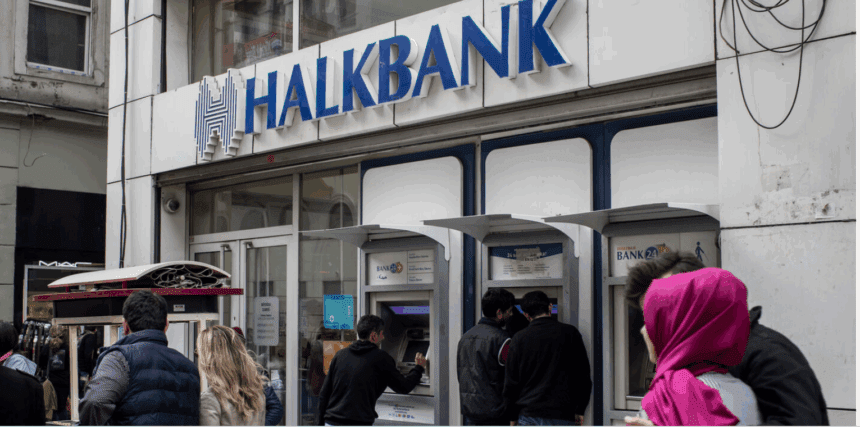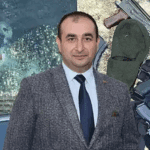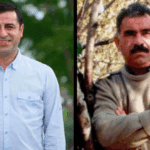The US Supreme Court on Monday declined to review Turkey’s state-owned Halkbank’s latest appeal to dismiss US criminal charges, leaving in place the lower court rulings and clearing the way for the long-running case to proceed in Manhattan federal court. The order follows years of litigation over whether a state-controlled bank can claim immunity from a US criminal prosecution; with certiorari denied, the case returns to the Southern District of New York for trial preparations.
US prosecutors first indicted Halkbank in 2019, alleging the lender helped Iran evade US sanctions through a complex, multibillion-dollar scheme that routed restricted oil revenues through front companies and sham trade. The indictment describes roughly $20 billion in transfers—some converted into gold and cash—and accuses participants of fabricating food shipments to disguise the flows, including transactions that touched US financial institutions. Halkbank has pleaded not guilty and denies wrongdoing.
Legally, the Supreme Court in 2023 held that the Foreign Sovereign Immunities Act does not apply to criminal cases and sent the matter back for consideration of common-law immunity. On remand, the 2nd US Circuit Court of Appeals concluded in October 2024—and again in a subsequent 2025 opinion—that Halkbank could not invoke common-law immunity for the commercial conduct alleged and that courts owe deference to the Executive when it denies immunity. The Justice Department urged the justices not to take up Halkbank’s latest appeal; by refusing to hear the case now, the Court left the 2nd Circuit’s analysis intact.
Diplomatically, the case has been a persistent irritant in US-Turkey relations. During his White House visit on September 25, 2025, President Recep Tayyip Erdoğan publicly signaled the issue was on his agenda with President Donald Trump—“I believe we will have the opportunity today to discuss in detail … relations regarding Halkbank,” he said in their joint appearance—while Bloomberg reporting suggested Ankara was hoping to settle the dispute with what it views as a manageable fine rather than face an open-ended court battle.
In the days leading up to the Supreme Court’s action, Turkey also froze the assets of 20 Iranian individuals and 18 entities tied to Tehran’s nuclear program via a presidential decree published in the Official Gazette on October 1, 2025—part of a broader international move to reimpose sanctions “snapback” measures after September 29. While the EU said it had reintroduced sanctions in line with the snapback mechanism, Russia has publicly disputed the legitimacy of the UN sanctions’ return; Ankara, for its part, traditionally enforces UN-mandated measures even as it has opposed unilateral US sanctions.
What happens next is procedural but consequential: the SDNY case resumes toward trial or potential settlement. The financial press has floated possible penalty exposure in the low-single-digit billions if the bank were to be found liable or settle—figures that would exceed Halkbank’s recent annual profit and underscore the stakes for both the lender and Ankara. The matter is intertwined with earlier prosecutions stemming from the same scheme, including the 2017 guilty plea by Reza Zarrab and the 2018 conviction of former Halkbank executive Mehmet Hakan Atilla in New York.



